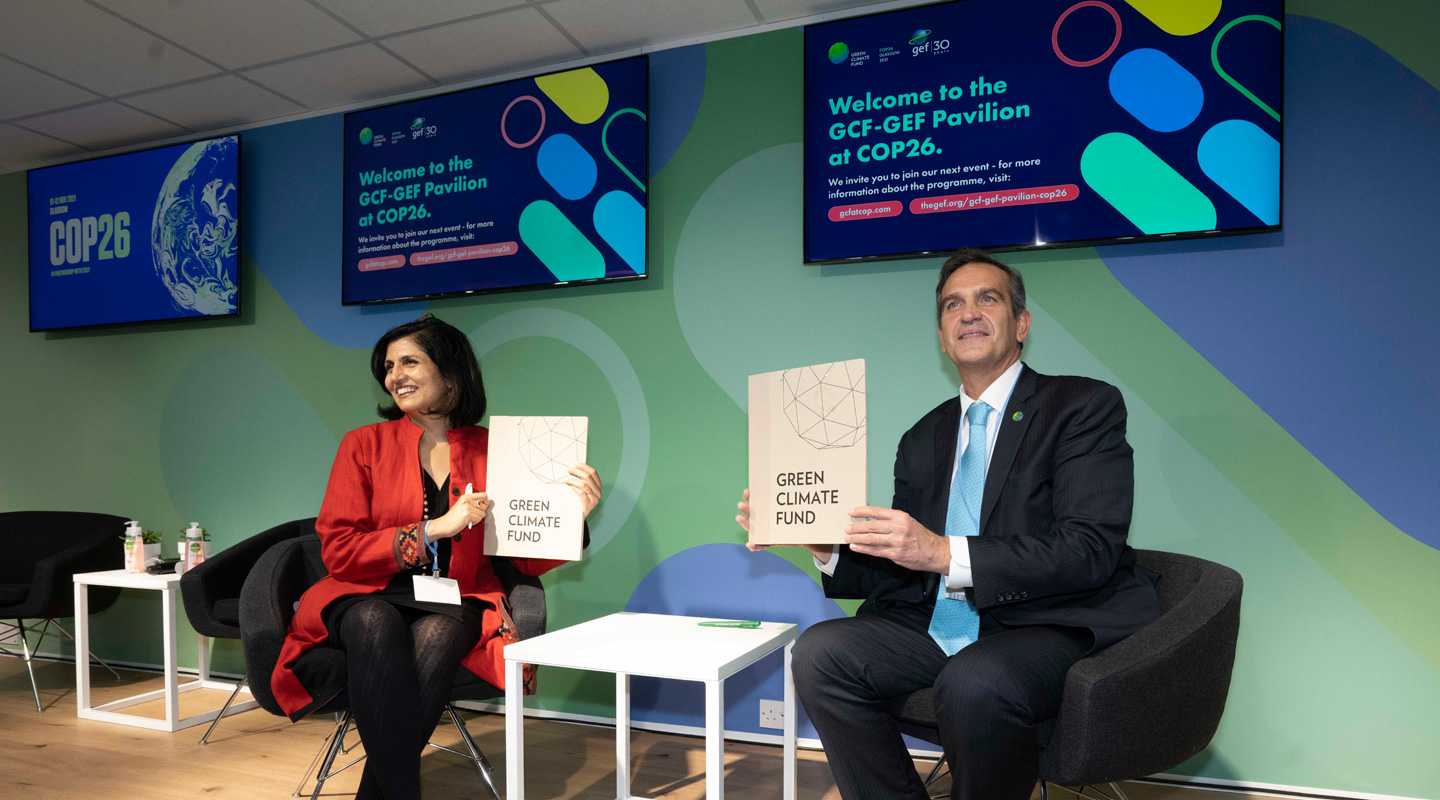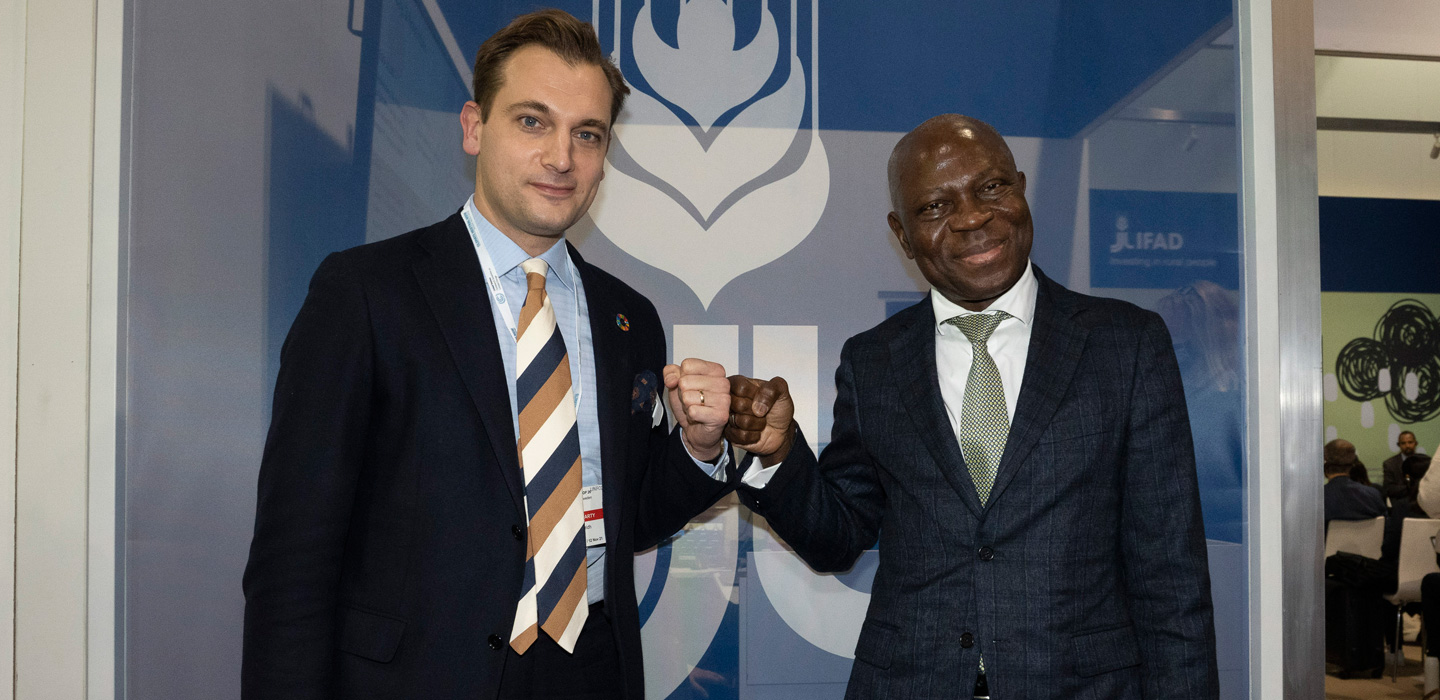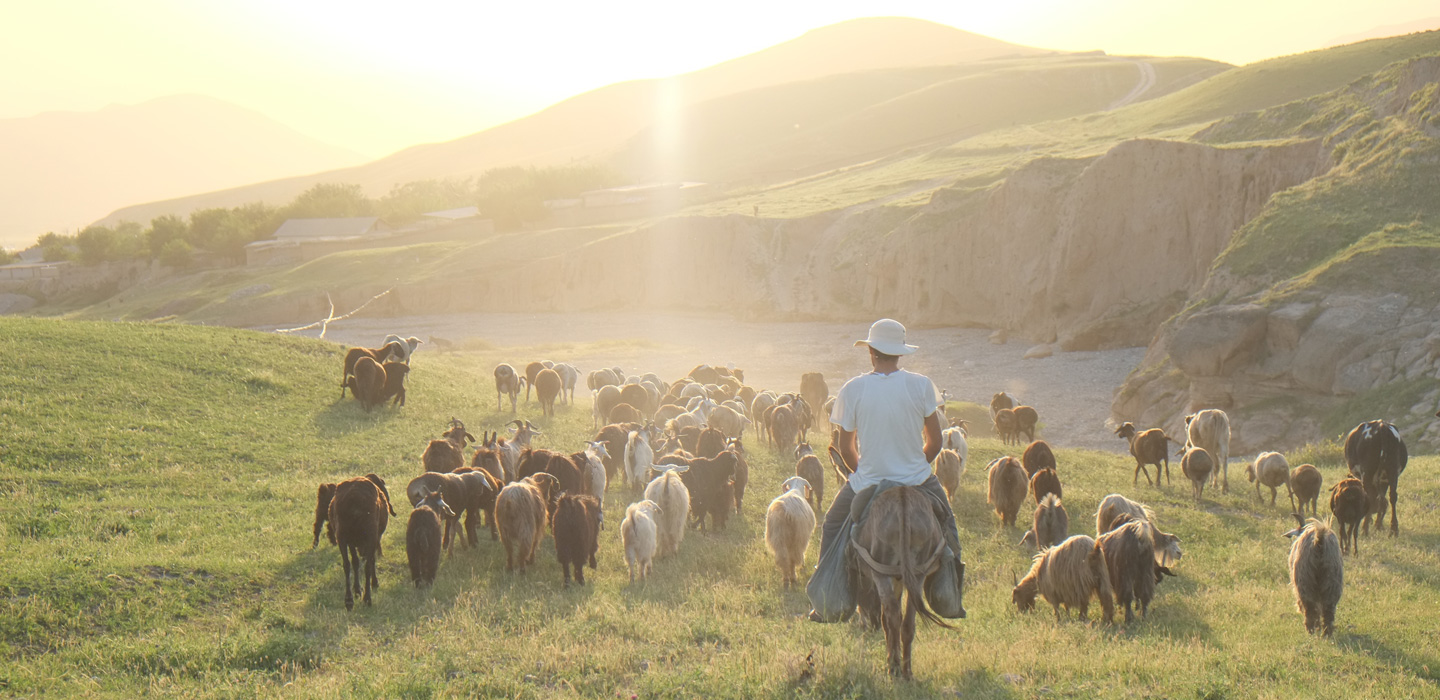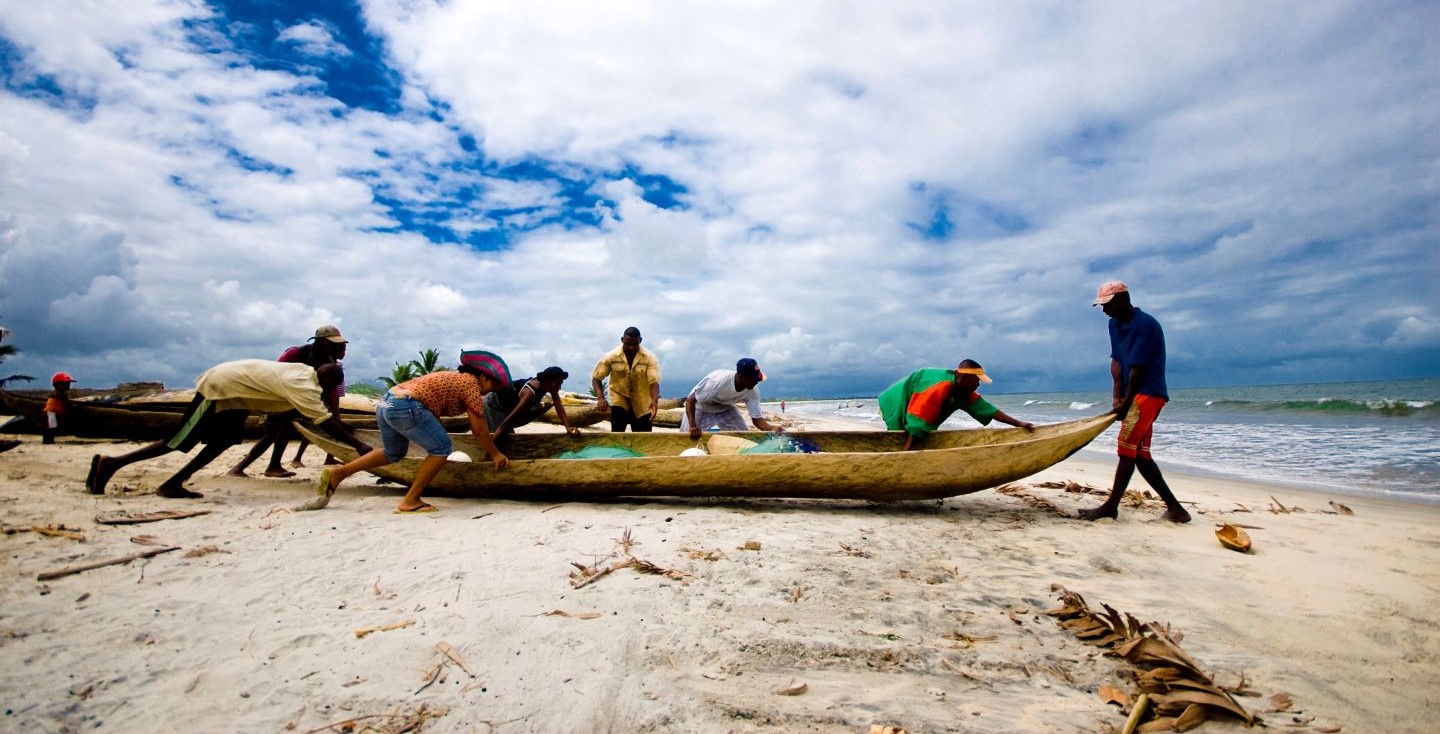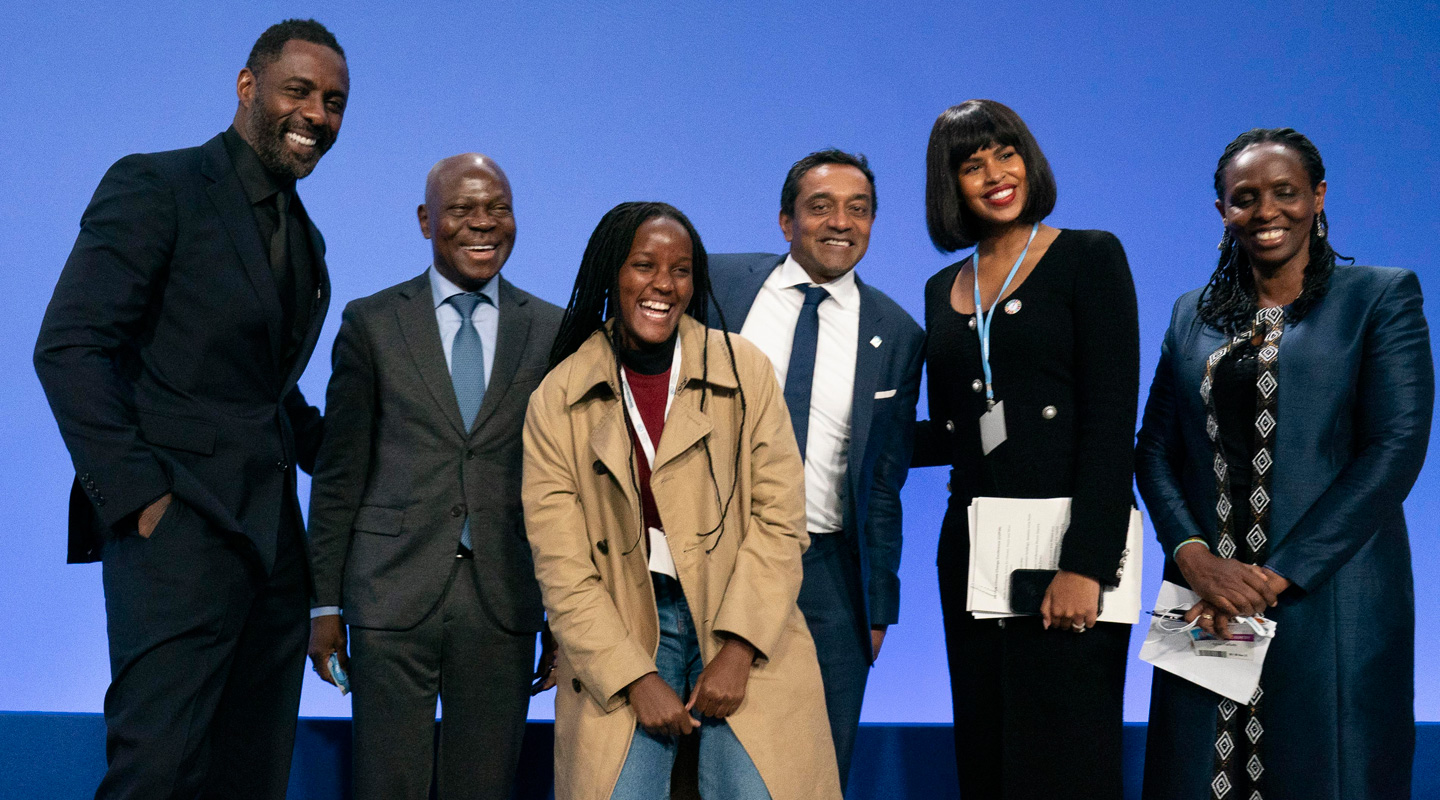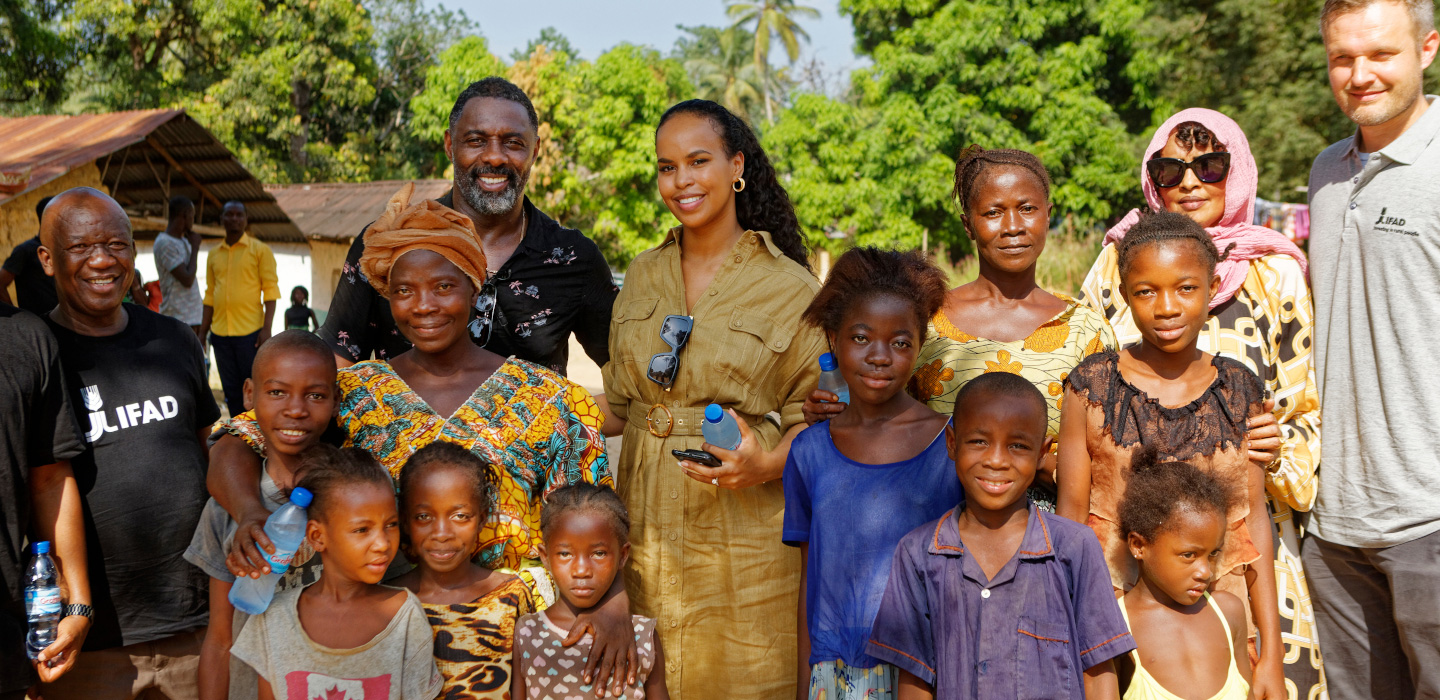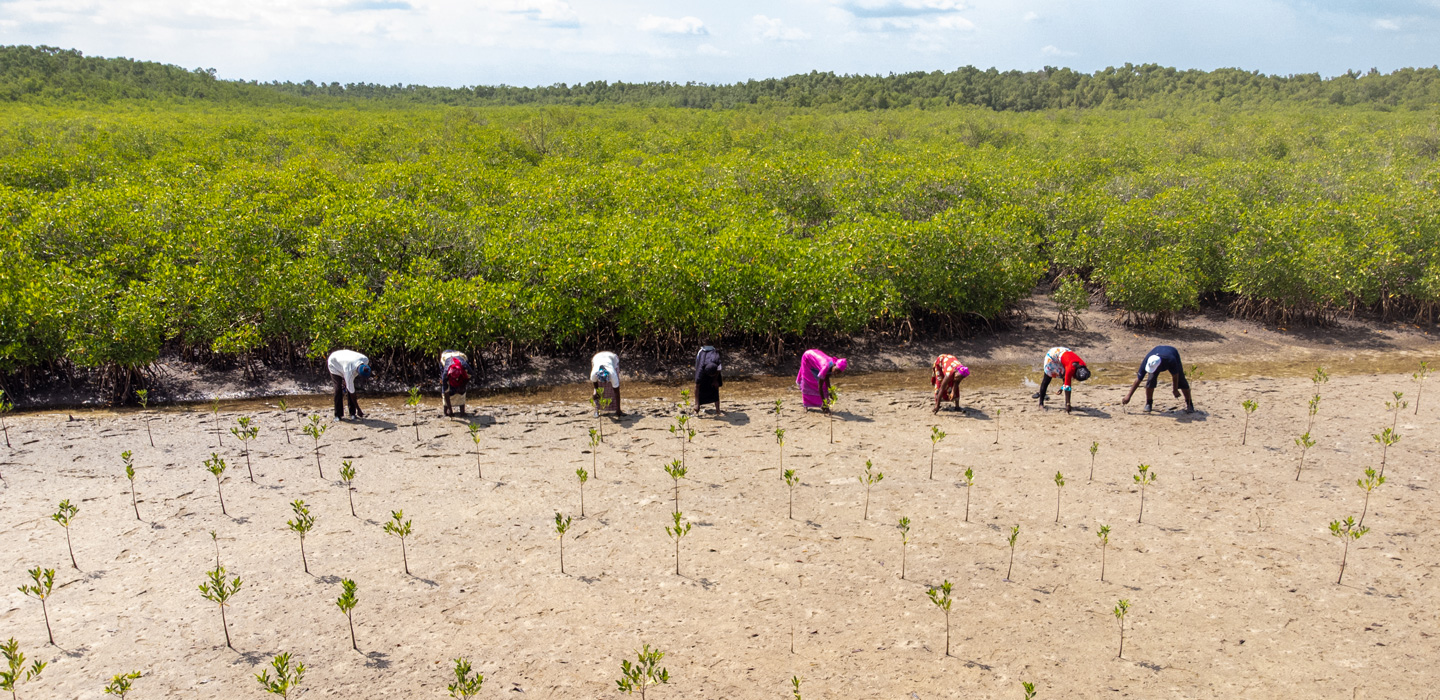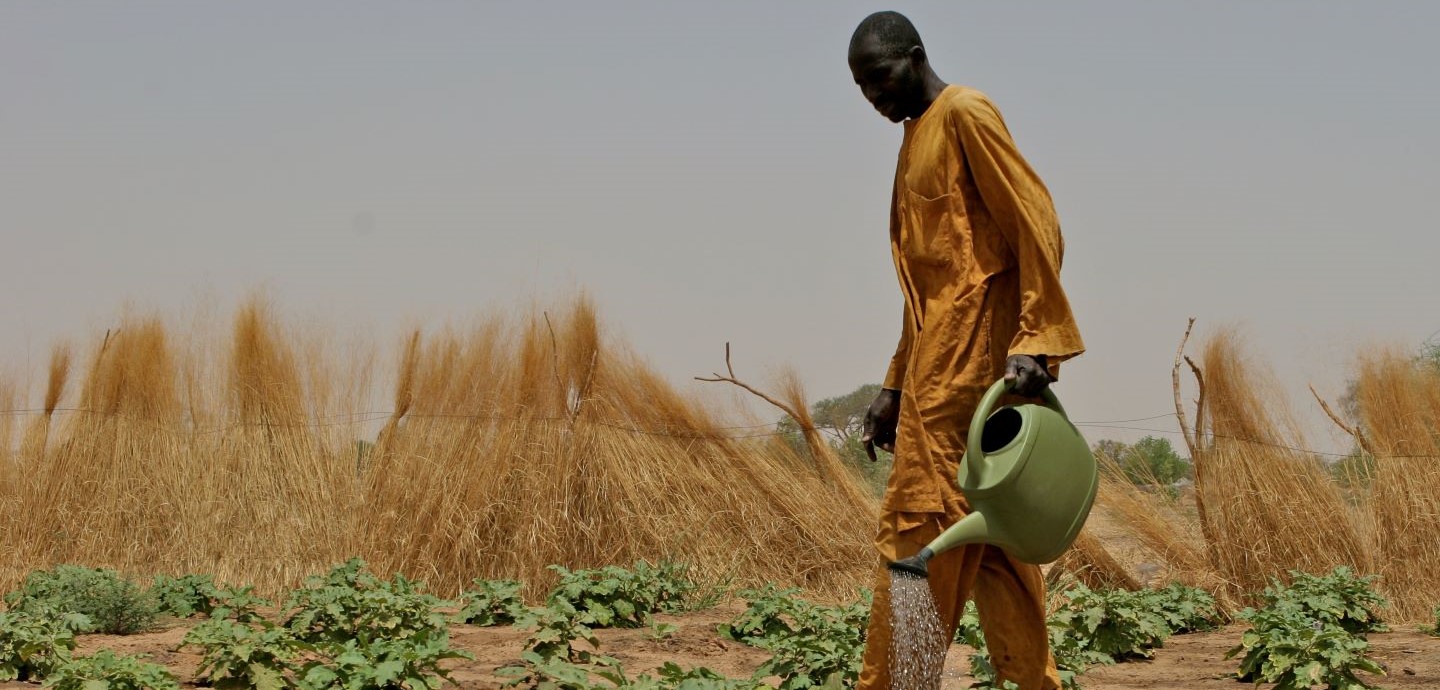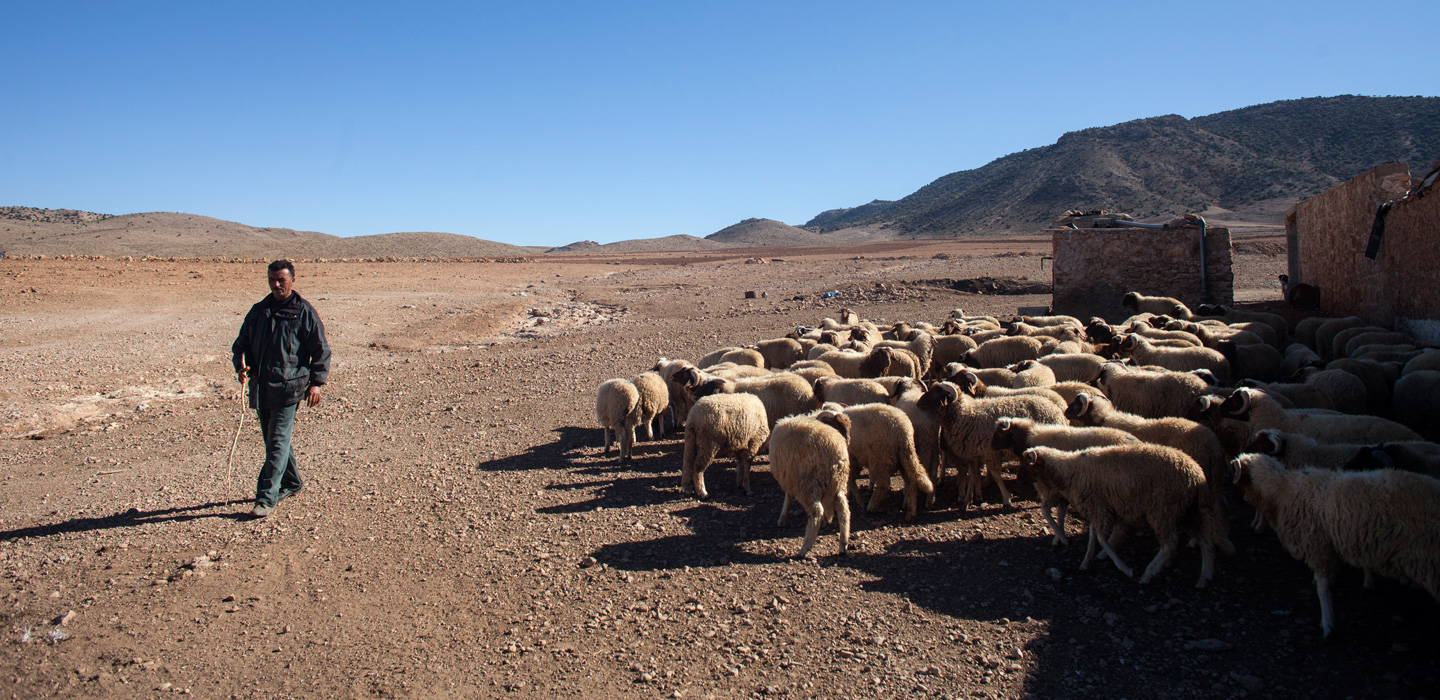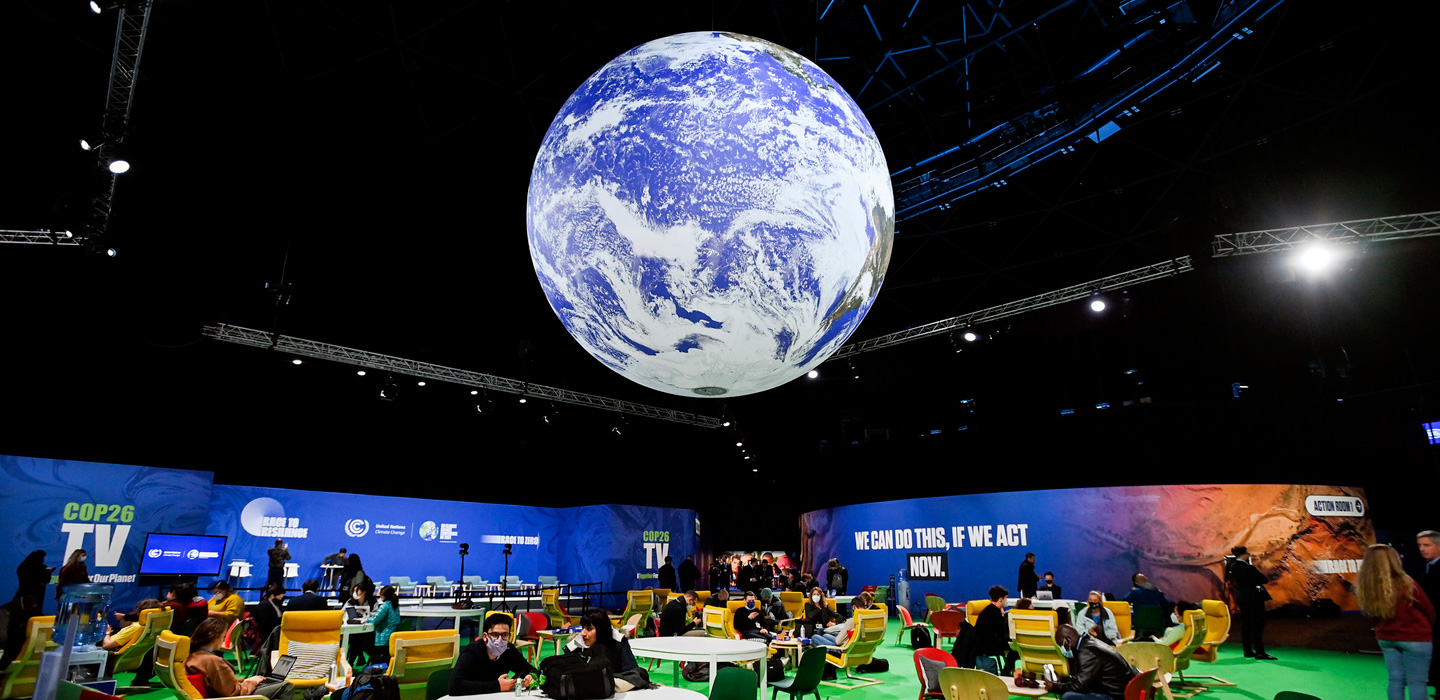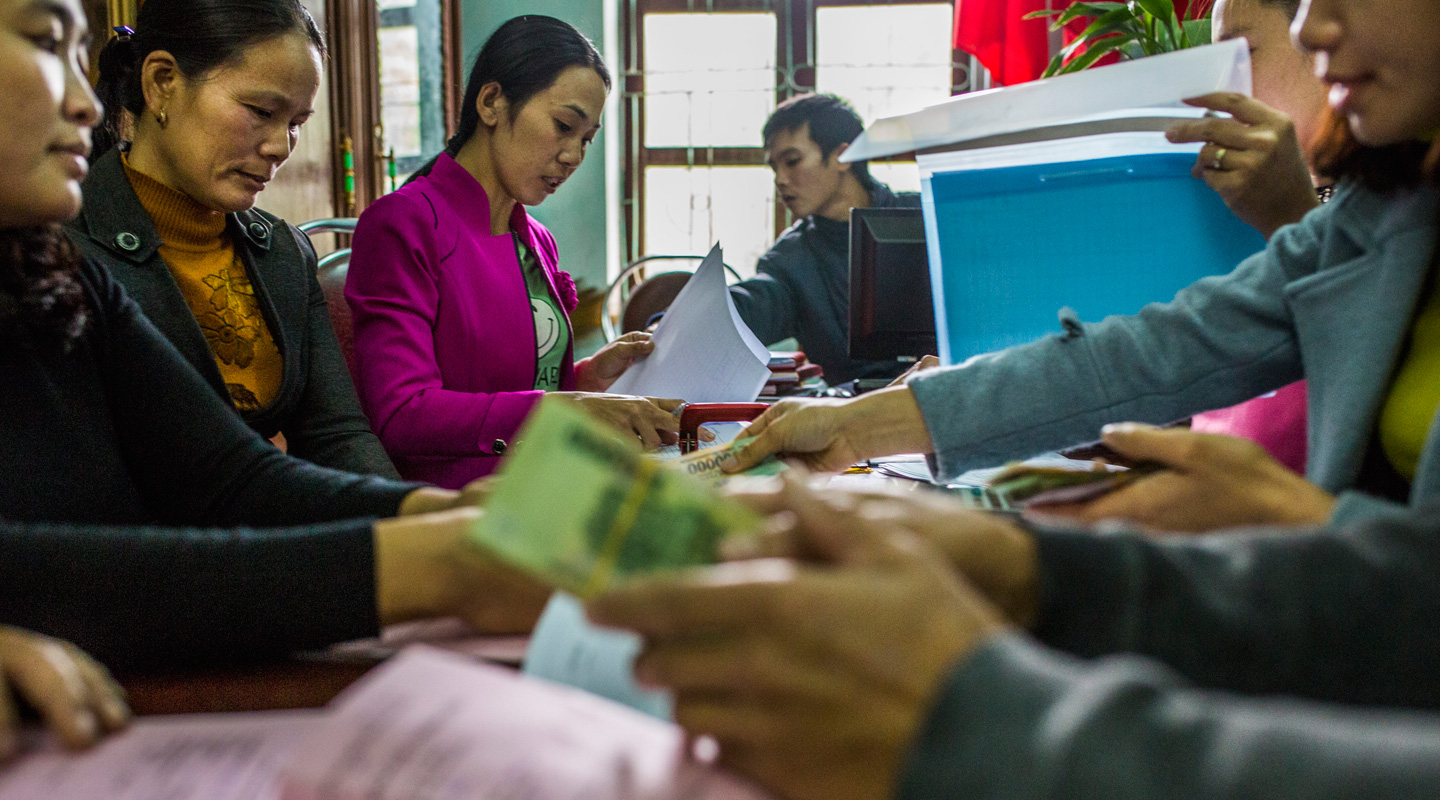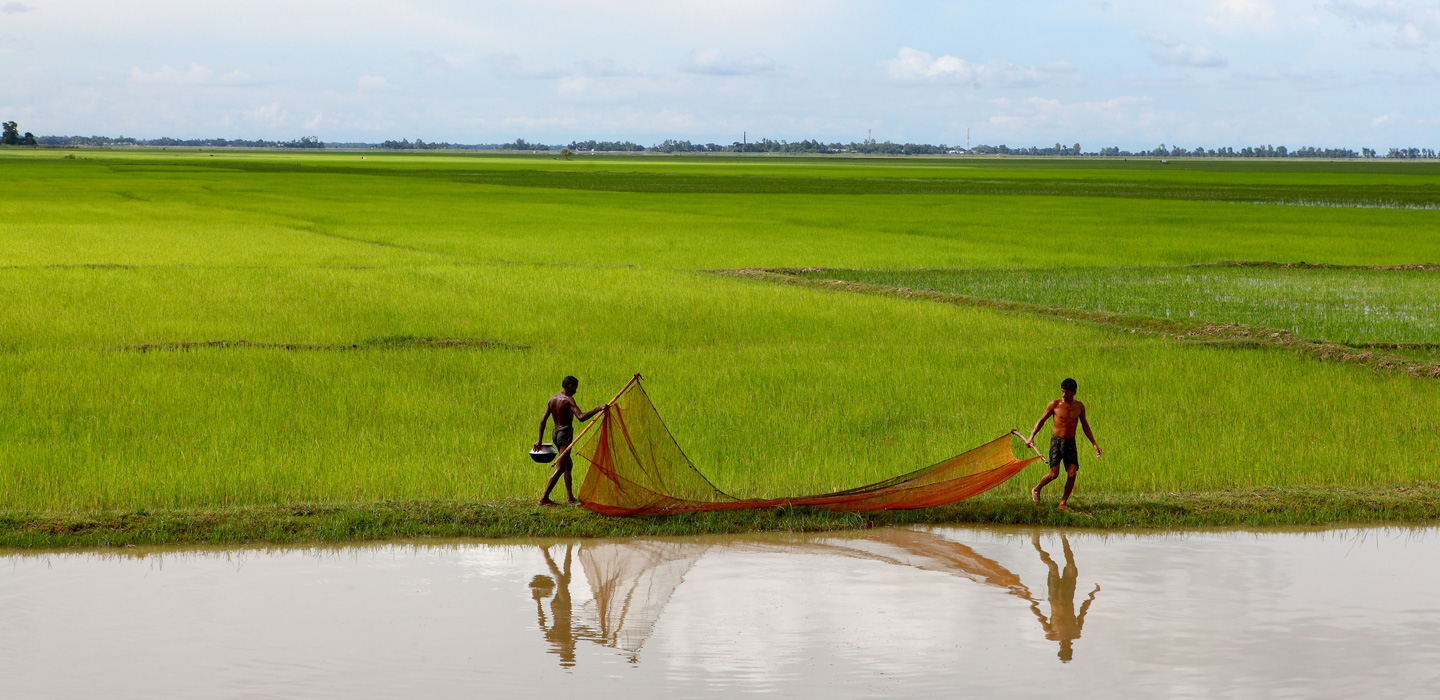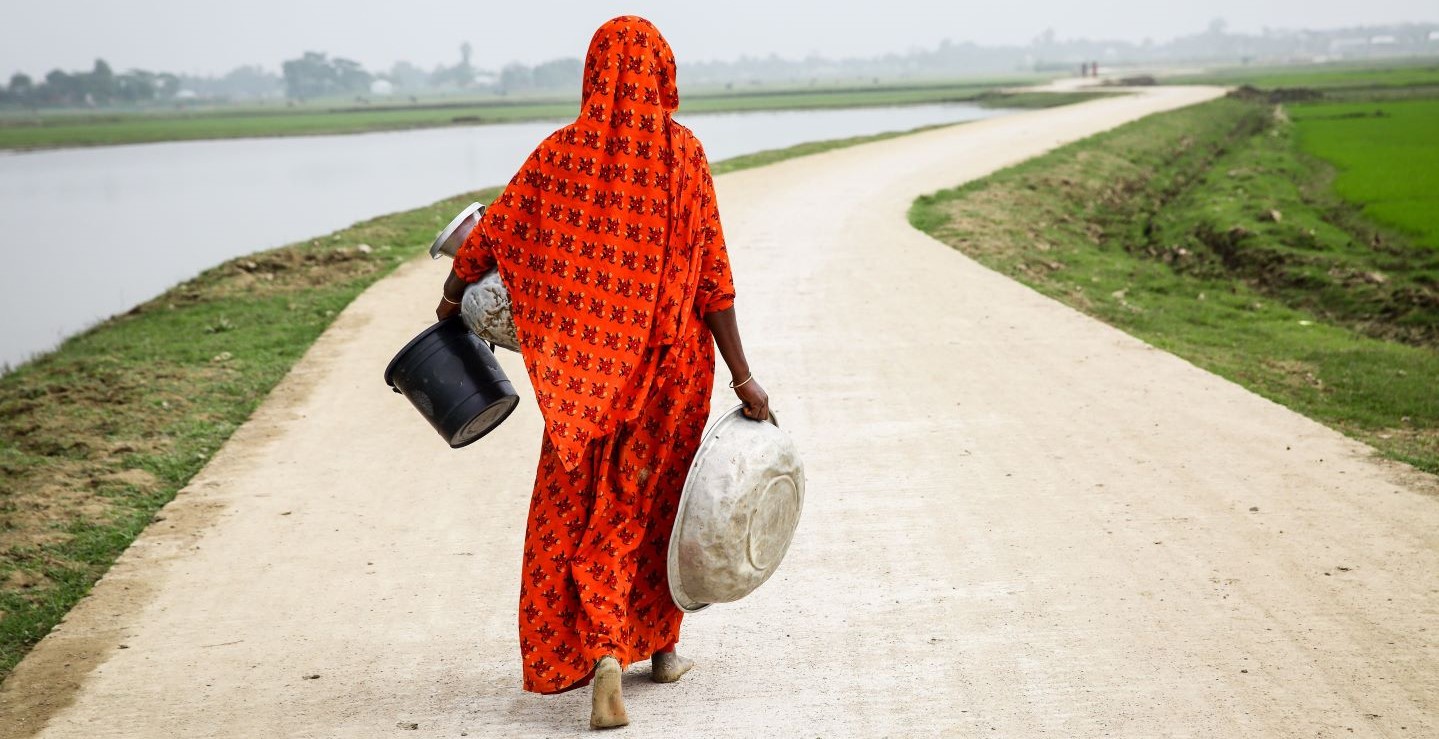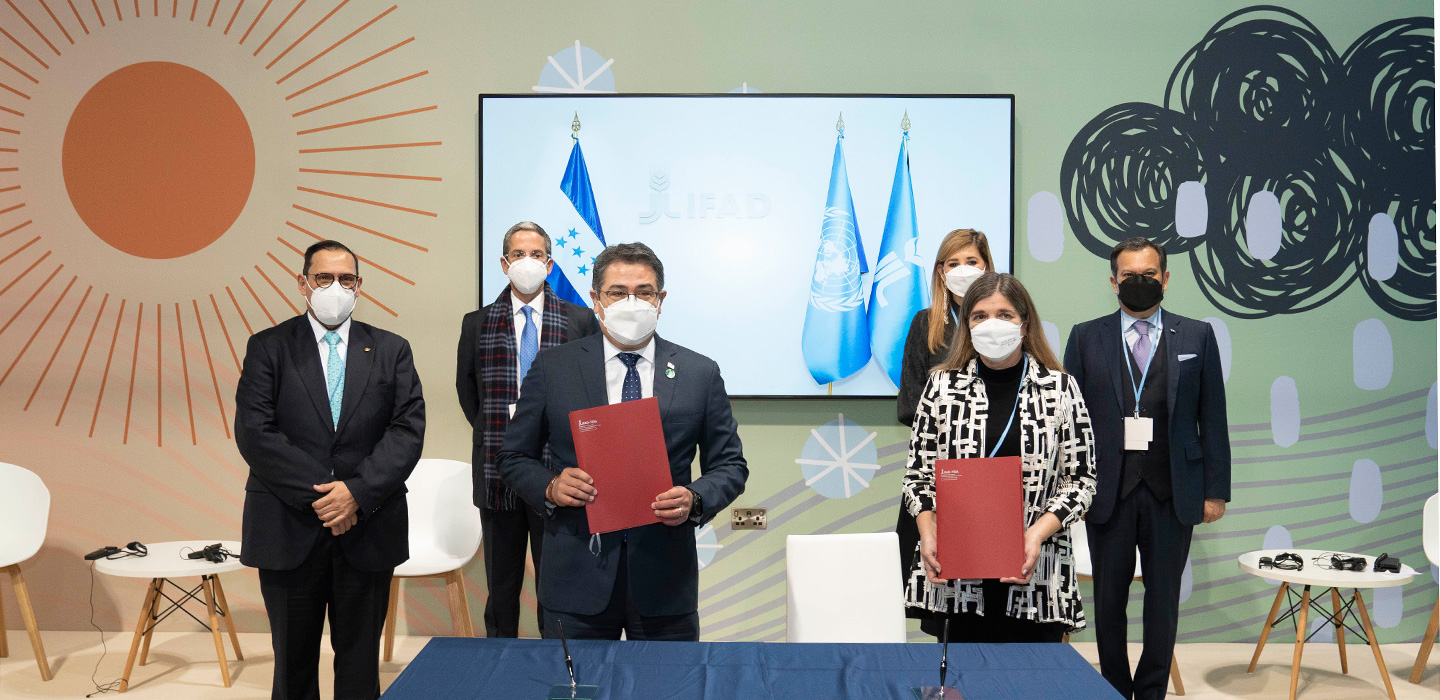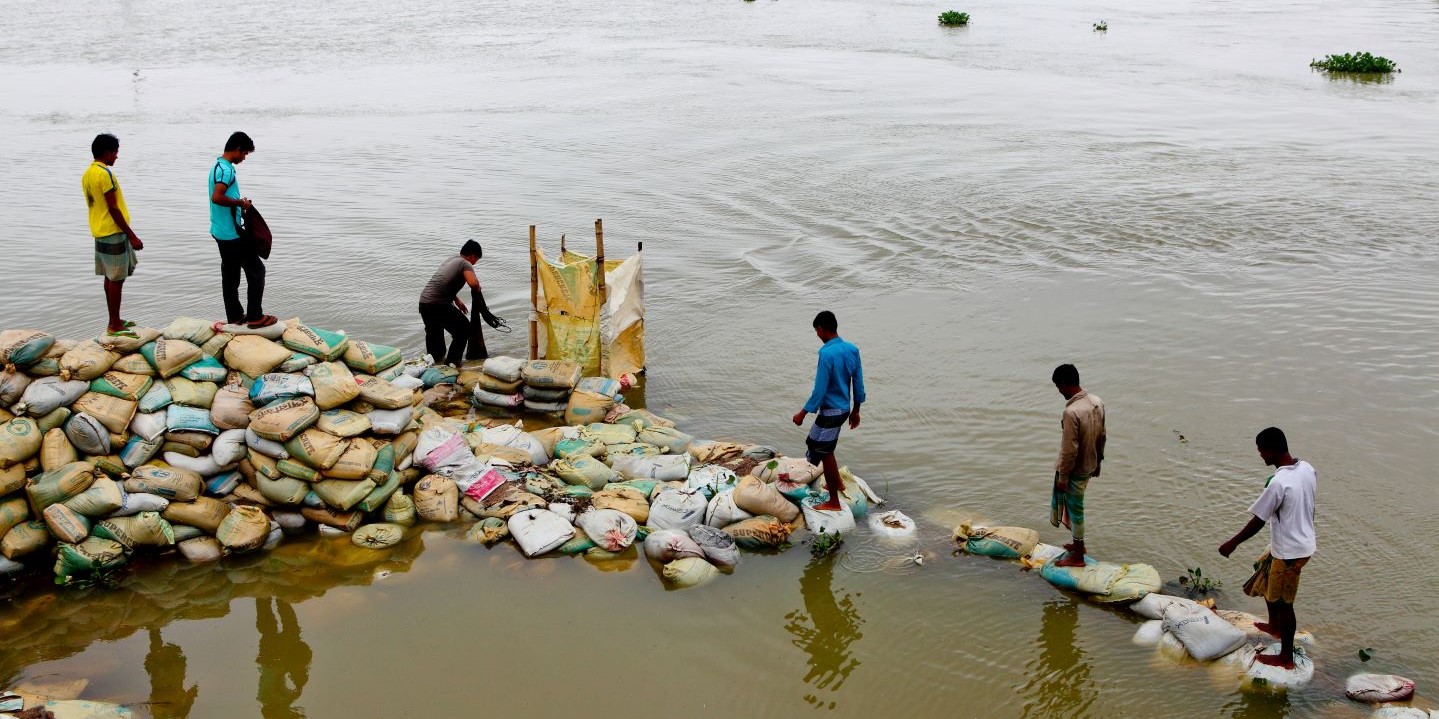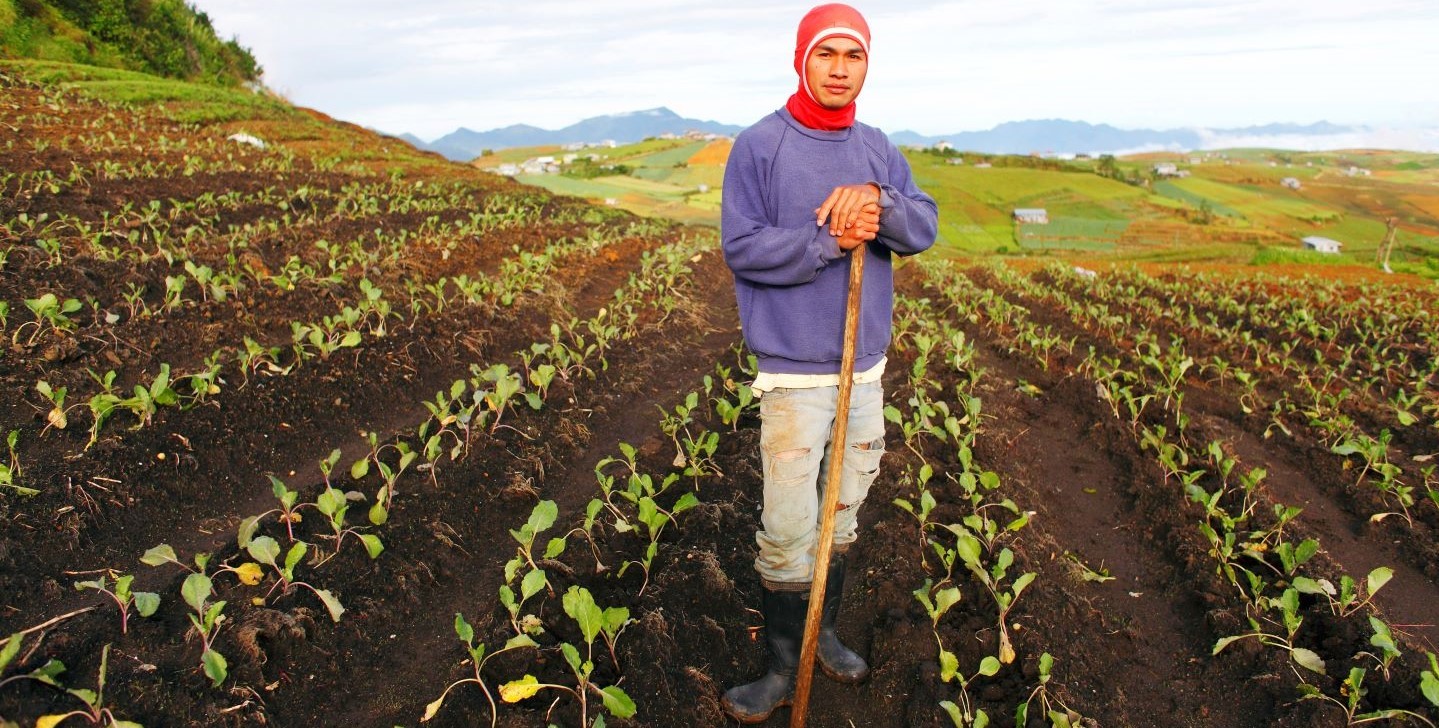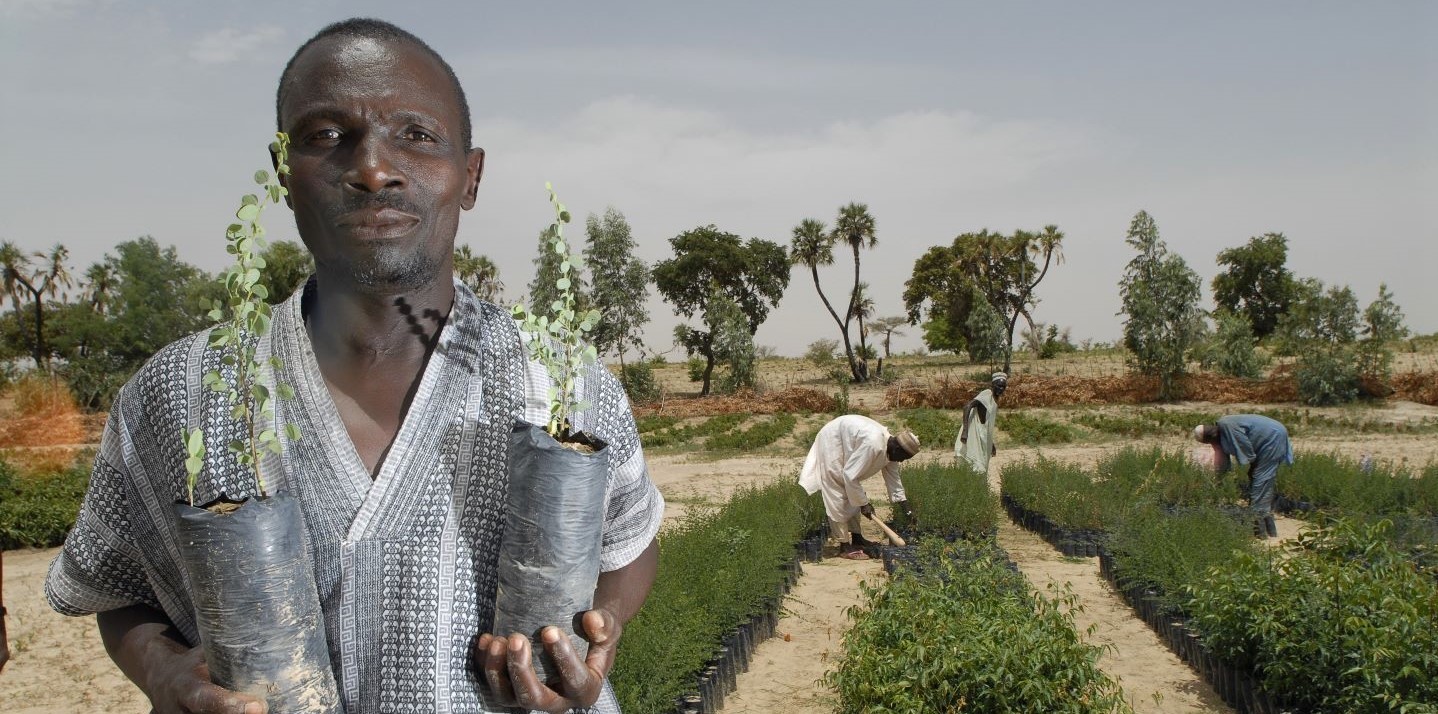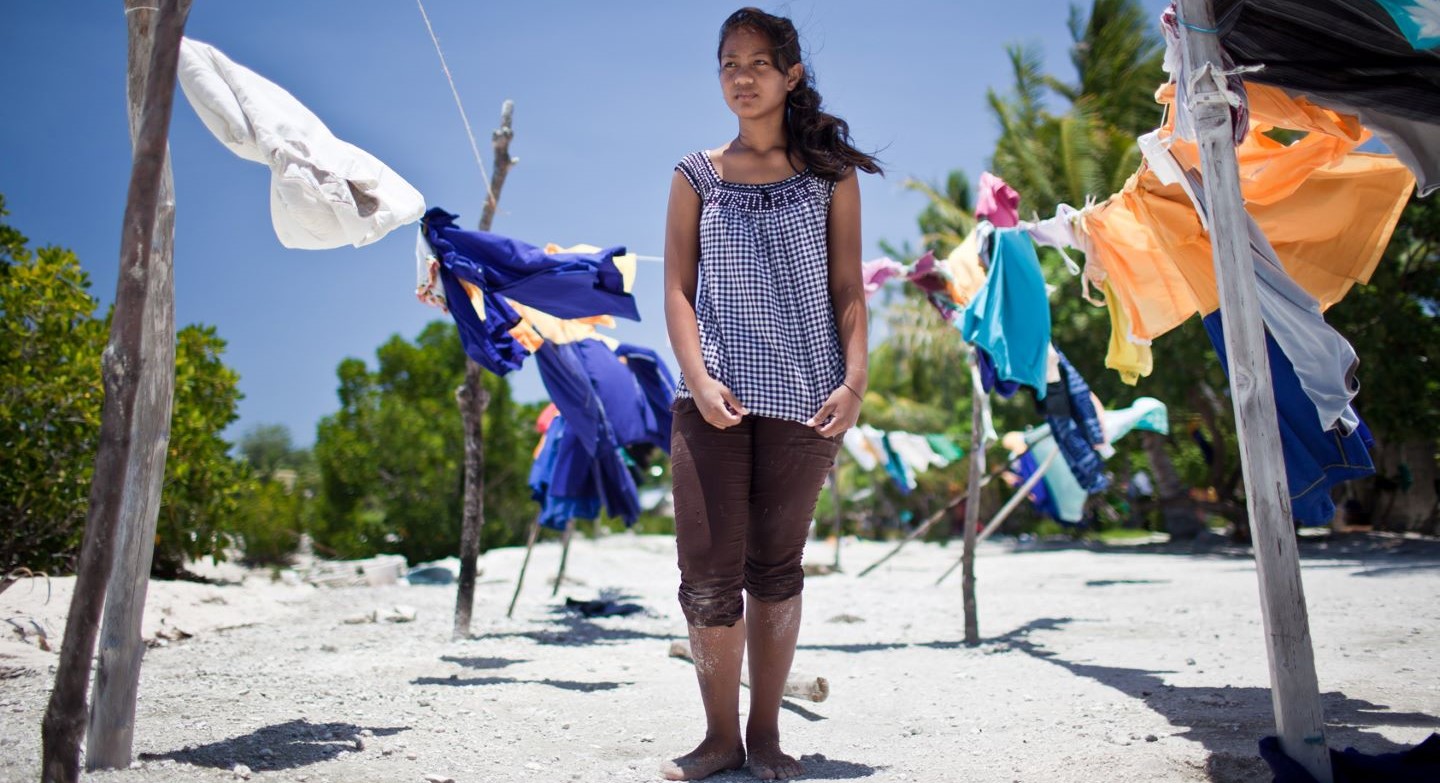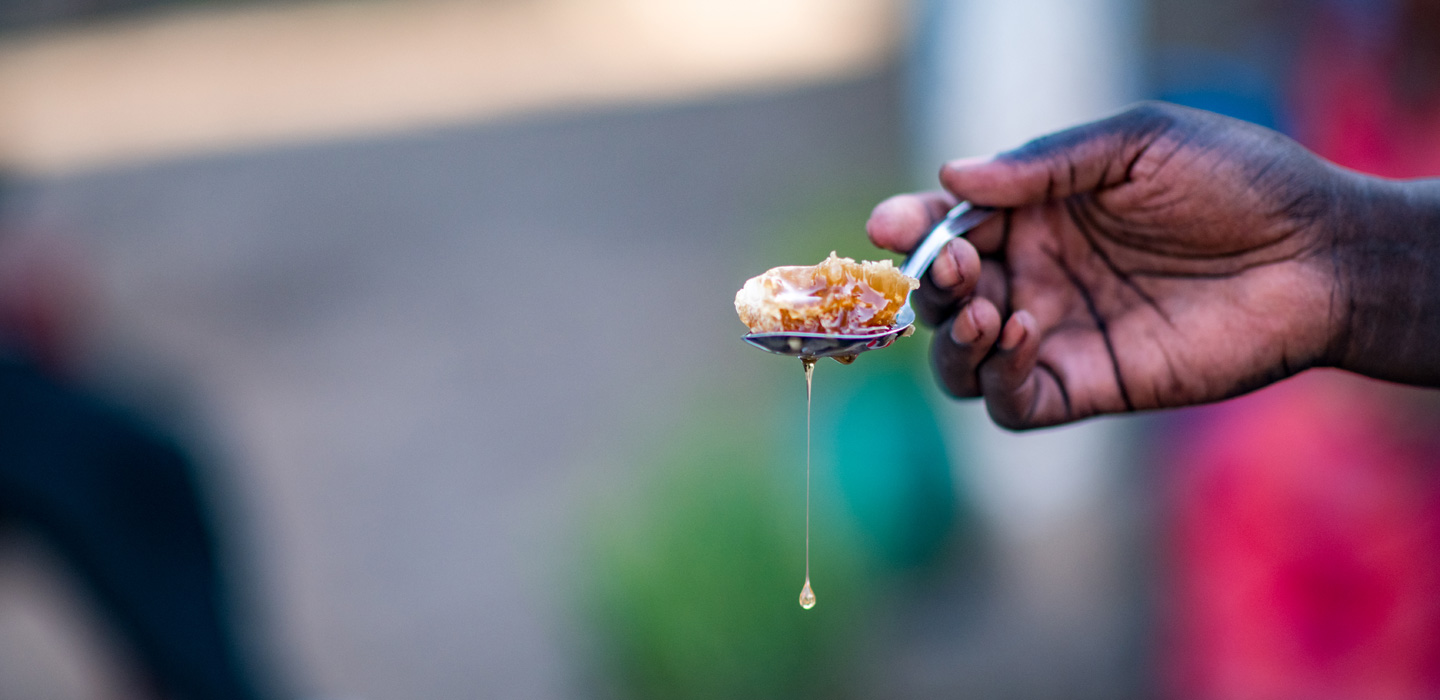Latest
Latest

Latest
Manual Submenu Topics
Search Results Filters
Search Results
ShareFair of geospatial tools and applications for climate investments
As changing climates affect farming conditions across the world, how can geospatial and remote sensing tools help IFAD and others decide on where adaptation investments are best needed and what impact these interventions will have?
COP26: New US$143 million investment to restore Great Green Wall ecosystems and increase climate resilience in the Sahel, announce IFAD and GCF
A new US$143 million investment programme will ensure millions of the most at-risk rural people living in the Sahel region of West Africa can adapt to climate change, with a wide-reaching plan to restore degraded land and provide climate information systems and agricultural insurance. The announcement was made today at the UN climate change conference (COP26) during a signing ceremony of the grant agreement between IFAD and the Green Climate Fund (GCF).
COP26: Sweden steps up to help at-risk small-scale farmers adapt to climate change, pledging millions to IFAD’s climate fund
Sweden today signalled its strong commitment to help some of the world’s poorest small-scale farmers to adapt to climate change, by pledging SEK100 million (nearly US$11.7 million) to IFAD. The announcement was made at the UN climate change conference (COP26) in Glasgow.
How nature based solutions are transforming lives
Nature-based solutions is a concept that highlights the fact that people can proactively protect, manage or restore natural ecosystems, while significantly contributing to addressing six major challenges: climate change, food security, water security, human health, disaster risk, and social and economic development.
Managing fisheries for sustainability and resilience: The case of Angola
The fisheries and aquaculture sectors fully or partially support the livelihoods of 10–12 per cent of the world’s population. Yet fisheries across the world are under threat from climate change and over-exploitation. The question of how best to manage fisheries under these conditions is a complex one, but in our experience, bringing communities into inclusive governance structures is an indispensable part of the solution.
Highlights from COP26 – Saturday 6 November
IFAD Goodwill Ambassadors, Idris and Sabrina Elba attended COP26 to help ensure that African farmers are not left out of the climate conversation and to promote greater investments for small-scale farmers and producers to adapt to climate change.
Media briefing with Idris and Sabrina Elba on how we can feed ten billion humans without destroying the habitable planet
We would like to invite you to our in-person media briefing on Saturday, 6 November at 11:00-11:30 GMT with IFAD and Conservation International on the importance of investing in small-scale agriculture, climate adaptation and nature-based solutions to achieve sustainable and prosperous food systems.
IFAD Goodwill Ambassadors Idris and Sabrina Elba attend COP26 to advocate for increased investments in climate adaptation and biodiversity protection
As climate negotiations enter a crucial phase, Idris and Sabrina Elba, UN Goodwill Ambassadors for IFAD, will attend COP26 to advocate for increased investments to help small-scale farmers to adapt to climate change and to protect biodiversity.
Six reasons to focus on small-scale producers at COP26
IFAD believes rural economies and food systems have the potential to become more resilient, sustainable, inclusive – and productive – all at the same time. But to get there, we need to focus our attention and support on the people who make these systems work.
COP26: Pastoralists and rural entrepreneurs from Asia and Africa amongst speakers at IFAD Pavillion
Pastoralists and young rural entrepreneurs from six different Asian and African countries will be at COP26 in person to share their experiences in managing their ecosystems and to advocate for investments to stimulate green jobs and climate adaptation.
Highlights from COP26 - Wednesday 3 November
It’s the first day at the IFAD Pavilion at COP26 in Glasgow, United Kingdom, and we’ve come together with thousands of activists, world leaders and representatives of businesses and civil society from around the world to talk about the greatest challenge we face: how to mitigate and adapt to climate change.
Bringing the benefits of agricultural insurance to smallholders in Viet Nam: Building awareness and understanding
Between sowing their seeds and selling their harvest, smallholder farmers in developing countries face a multitude of potentially devastating risks. In Viet Nam, as in countries around the world, many of the most severe threats are climate-related, including storms, floods, excessive heat, frost and drought.
At COP26, IFAD spotlights the impact of climate change on small-scale farmers with an innovative virtual visit to Bangladesh
IFAD highlighted the impact of climate change on small-scale farmers at the 26th Conference of the Parties (COP26) to the UN Framework Convention on Climate Change currently underway in Glasgow, UK, through a virtual visit to Bangladesh, where the country’s poorest small-scale farmers spoke about the projects and practices that are helping them adapt.
Protecting homes and livelihoods in Bangladesh’s Haor Basin
On one terrible day four years ago, Anjuli Rani Das’s life was swept away before her eyes. A flash flood engulfed her small duck farm, washing away everything she had worked for in the past years.
Honduras and IFAD will work together to foster resilient small agriculture
The Government of Honduras and IFAD, the UN agency for rural development, agreed today in Glasgow to work together to access Green Climate Fund (GCF) financing to promote small-scale climate-smart agriculture in the country.
Climate change adaptation programme can help an additional 10 million vulnerable people in Asia and Pacific says new IFAD report
Climate-related hazards are intensifying in the Asia Pacific region, disproportionately affecting vulnerable rural communities. Policymakers must prioritise climate resilience and adaptation measures in order to protect rural communities from losing economic advancements according to a new report released today by IFAD.
IFAD goes to COP26 – Putting rural small-scale farmers at the centre of global climate negotiations
From 31 October, world leaders, experts, and climate activists from across the world will gather in Glasgow, Scotland for COP26, the biggest climate conference since the Paris Accords. IFAD will be there, calling for greater investments in climate adaptation – and we will be giving the floor to rural small-scale producers to share their own experiences and solutions.
Putting rural small-scale farmers at the centre of global climate negotiations – IFAD interactive events during COP26
Rural small-scale farmers are disproportionately impacted by climate change, yet seldom have a voice at global forums. At COP26, IFAD has created a space to hear their challenges and solutions. With more than 30 interactive events hosted at its pavilion, IFAD will highlight how small-scale farmers can adapt to a changing climate and ensure global food security.
What do the IPCC report’s findings mean for rural dwellers? Your questions answered
The IPCC report released in summer 2021 leaves no more room for ambiguity: the climate is changing, and it’s because of human activity. Here, we answer some of your questions about the report, why it’s important, and what its findings mean for some of the world’s most vulnerable populations.
Oysters and honey: The perfect combination for Senegal’s Delta of Saloum
The Delta of Saloum’s mangrove forest is rich in beauty and biodiversity, but it has suffered from years of deforestation, disrupting the area’s ecosystem and threatening the livelihoods of the area’s farmers and fishers. Recently, a collaborative project has begun to tackle both problems by funding a restoration of the mangrove and supporting local farmers’ associations.
